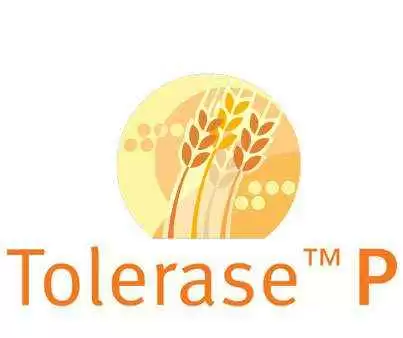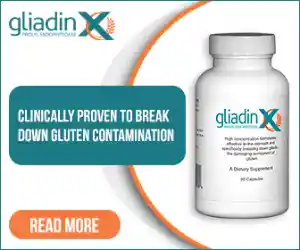
According to the latest press release, in lab conditions, aspergillus niger prolyl endoprotease (AN-PEP) efficiently degrades gluten molecules into non-immunogenic peptides. But so what?
If AN-PEP is to be effective in people with celiac disease or gluten-sensitivity, which would seem to be the whole point of an anti-gluten enzyme, it must effectively digest gluten in "non-healthy" subjects.
A team of researchers recently set out to assess AN-PEP on gluten degradation in a low and high calorie meal in healthy subjects. The...
- Read Full Article...
- 0 comments
- 10,537 views














